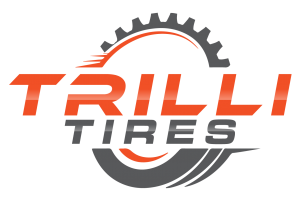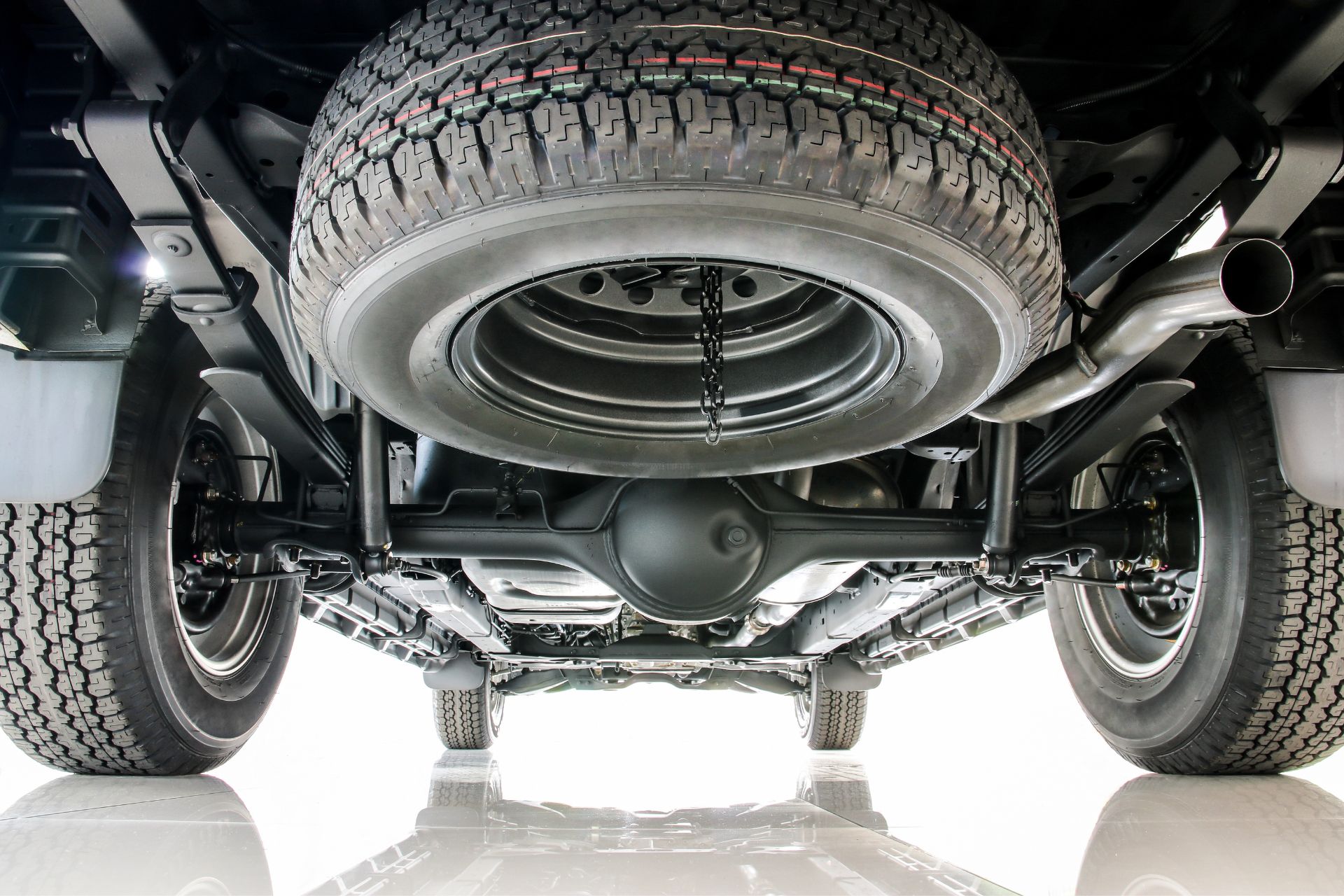Maintaining your vehicle’s suspension system is essential to ensuring a smooth, comfortable ride and preventing potential damage to other car components. Regular suspension service is an integral part of your car’s overall maintenance routine, akin to checking your tires or performing oil changes. In this article, we’ll delve into what suspension service entails, why it’s crucial, and how it ties into other aspects of auto repair.
What is a Suspension System?
The suspension system in a vehicle is a network of components designed to provide stability, comfort, and control. It consists of parts like shock absorbers, struts, springs, and control arms that work together to absorb the impact of the road and maintain tire contact with the pavement. The primary goal of the suspension system is to ensure that the car’s wheels remain in constant contact with the road, offering the driver control over the vehicle while also absorbing the shock from bumps and uneven surfaces.
Why is Suspension Service Important?
Your car’s suspension system plays a crucial role in your driving experience. It impacts how your car handles, especially during turns, accelerations, and stops. Worn-out or damaged suspension components can lead to a rough ride, reduced vehicle control, and increased wear on tires and other parts of your car. Regular suspension service helps maintain the integrity of your vehicle’s suspension system, ensuring safety and comfort on the road.
Signs Your Car Needs Suspension Service
Recognizing the signs of suspension issues early can prevent more significant, costlier repairs down the line. Here are some common symptoms that suggest your car might need suspension service:
- Uncomfortable Ride: If your ride feels bumpier than usual, or you notice more bouncing after hitting a pothole, it could indicate that your shock absorbers or struts are worn out.
- Vehicle Drifting or Pulling: If your car drifts to one side while driving, it may be a sign of a suspension issue. This usually indicates an alignment problem, often caused by worn-out or damaged suspension parts.
- Uneven Tire Wear: The suspension system is crucial in maintaining even tire contact with the road. If you notice that your tires are wearing unevenly, it could be a sign that your suspension system isn’t working correctly, and it’s time for a service.
- Nose Diving During Braking: If your car’s front end dips sharply when you apply the brakes, it might be a sign that your shock absorbers are failing.
- Greasy or Oily Shocks: If you notice grease or oil on your shock absorbers, it may be an indication that they are leaking fluid and need to be replaced.
- Visible Damage: A simple visual inspection can sometimes reveal issues. Look for cracked or broken components, leaking fluid, or uneven tire wear.
What Does Suspension Service Involve?
Suspension service typically involves a thorough inspection of the entire suspension system, identifying any worn-out or damaged components, and replacing them as necessary. Here’s what you can expect during a suspension service:
- Inspection of Suspension Components: The first step in a suspension service is a comprehensive inspection. A qualified technician will check all the key components of the suspension system, including the shocks, struts, springs, control arms, and bushings. They will look for signs of wear, damage, or leaks.
- Shock Absorber and Strut Replacement: If the shocks or struts are found to be worn out or leaking, they will be replaced. These components are crucial for absorbing the impact of the road and ensuring a smooth ride.
- Spring Replacement: The springs in your suspension system are responsible for supporting the weight of the vehicle and absorbing road shocks. If a spring is broken or sagging, it will need to be replaced to restore the proper ride height and comfort.
- Wheel Alignment: A suspension service often includes a wheel alignment. This is crucial because the suspension system directly affects the alignment of your wheels. Proper alignment ensures that your tires wear evenly and that your car handles correctly.
- Tire Inspection and Rotation: Since the suspension system is closely related to your tires, a suspension service may also include a tire inspection. The technician will check for uneven wear and may recommend rotating the tires to extend their lifespan. If the tires are excessively worn, you may need to buy new tires.
- Bushing and Joint Replacement: Bushings and joints are small yet vital components that help reduce vibrations and noise while driving. Over time, these parts can wear out, leading to a rougher ride. Replacing worn bushings and joints can restore smoothness to your vehicle’s operation.
How Often Should You Service Your Suspension?
The frequency of suspension service depends on various factors, including your driving habits, road conditions, and vehicle type. Generally, it’s advisable to have your suspension system inspected every 80,000 kilometres or if you notice any signs of wear or damage. However, if you frequently drive on rough or uneven roads, you may need to service your suspension more often.
The Link Between Suspension, Tires, and Wheels
Your vehicle’s suspension system works in tandem with its tires and wheels to ensure optimal performance. A well-maintained suspension system will help your tires wear evenly, extend their lifespan, and improve your vehicle’s handling. Conversely, neglecting your suspension can lead to premature tire wear, necessitating frequent tire replacements and potentially more expensive auto repair bills.
If you notice uneven tire wear or your vehicle isn’t handling as it should, it’s crucial to have your suspension system checked. Sometimes, the solution is as simple as a wheel alignment, but in other cases, more extensive suspension service may be required.
The Cost of Suspension Service
The cost of suspension service can vary widely depending on the extent of the repairs needed and the type of vehicle you drive. Minor services, such as a wheel alignment or tire rotation, may be relatively inexpensive. However, more extensive repairs, like replacing shocks, struts, or springs, can be more costly. Investing in regular suspension service can help you avoid more significant, expensive repairs down the road, ensuring your vehicle remains safe and comfortable to drive.
Prioritize Suspension Service for a Smooth Ride
Your vehicle’s suspension system is a critical component that affects everything from handling to tire wear. Regular suspension service is essential to maintaining your car’s performance, safety, and comfort. By addressing suspension issues early, you can avoid more costly repairs and ensure your vehicle provides a smooth, stable ride.
Keep your vehicle in top condition with a professional suspension service. Contact TrilliTires in Richmond Hill today for expert auto repair, tire service, and suspension service to keep you safely on the road.

